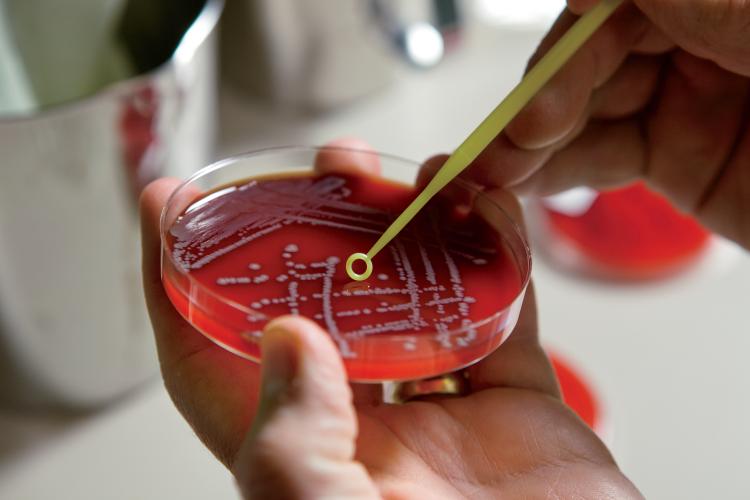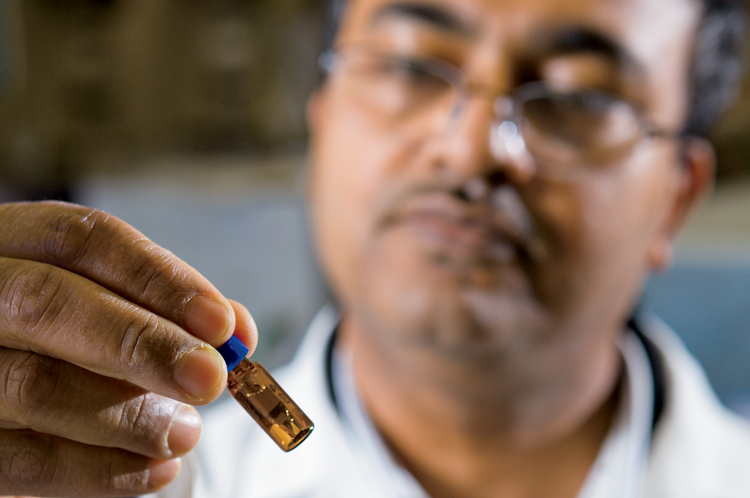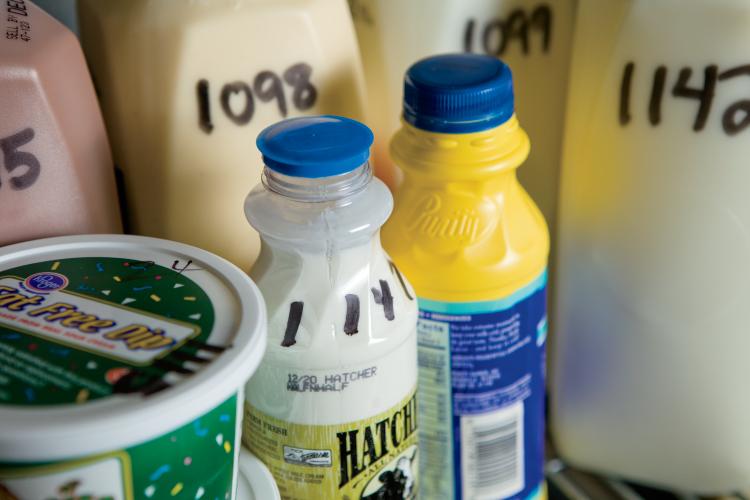Home > Tennessee > Tennessee Farm to Table > Tennessee Inspectors Ensure Food Safety and Quality
Tennessee Inspectors Ensure Food Safety and Quality
In partnership with: Tennessee Department of Agriculture

Whether it’s a jar of jam, a bottle of barbecue sauce or a piece of pie, if it’s made in Tennessee, it’s going to be more than just tasty. It’s also going to be made with care. The Tennessee Department of Agriculture (TDA) makes sure of it through the efforts of its Food Safety section of the Regulatory Services Division.
“I like to say that we address everything from the stable to the table, from the gate to the plate, from the farm to the fork, from the grass to the glass, from the boat to the throat, and from the deli to the belly,” says John Sanford, TDA food manufacturing administrator.
What do they do to ensure the integrity of the food chain? Sanford, a 35-year TDA employee, explains that it’s a recipe that requires equal parts diligent inspection efforts, strong collaboration and responsiveness.
From inspecting dairy farms, food manufacturing facilities and commercial kitchens to sampling finished food products for laboratory testing, Sanford’s team works to protect the consumer and maintain a fair marketplace.

Home Sweet Home
Achieving those goals may seem straightforward – send out inspectors, evaluate the facility and manufacturing process, and test the product.
Many of the state’s food inspection team also work in the state-of-the-art L.H. “Cotton” Ivy Laboratory, located at Ellington Agricultural Center in Nashville.
However, ensuring that food is safe sometimes requires a little creativity on the part of the TDA inspectors, especially when faced with a growing industry of home-based food businesses.
“We saw that there were more and more people looking to build a business by preparing products from their own recipes in their own homes and selling them to the public,” Sanford says. “This isn’t a fad, it’s a trend, and we wanted to be responsive to the interests of the entrepreneurs while protecting the health of the public.”
To accomplish that, the TDA initiated a program in January 2007 for domestic kitchens that allows the in-home preparation of food for retail sale as long as the food does not require refrigeration. For instance, you can make candies and breads in your home, but not cheesecakes. Also, entrepreneurs must successfully complete a six-hour course on food safety taught by University of Tennessee food science faculty and must have a kitchen that meets an established set of safety, equipment and architectural guidelines.
“Safety of food prepared in a home and sold at a farmers market is of no less significance than foods prepared commercially and offered for sale,” Sanford says.

Keeping It Local
Since the program began, more than 800 people have taken the course and more than 125 domestic kitchens have been established. For Tennessee entrepreneurs and consumers, it’s good business.
“The domestic kitchen rule allows an entrepreneur to test the marketplace without incurring the costs of a separate processing facility, which can mean thousands of dollars saved in start-up costs,” Sanford explains.
It also encourages the idea of “buying local.” Not only do consumers support area businesses at farmers markets and other such venues, but the entrepreneurs support local farmers through the purchase of their ingredients.
Such responsiveness and collaboration creates a favorable business climate and ensures consumer confidence.
“We’re very proud of where we are in food safety in Tennessee,” Sanford says.



